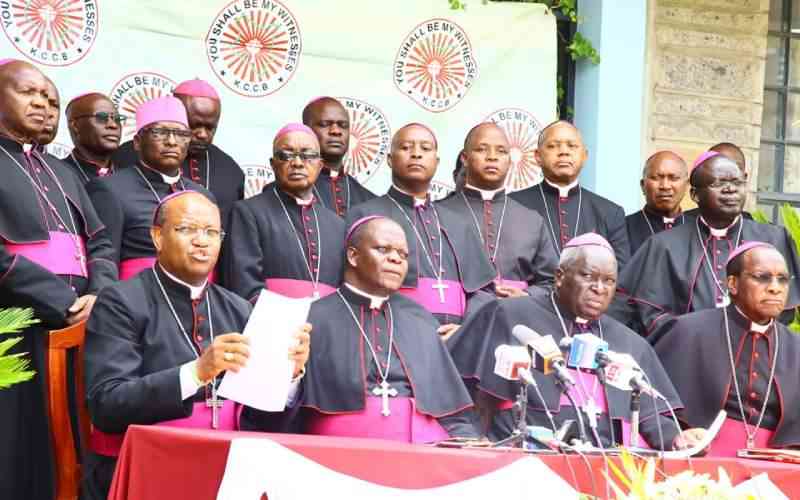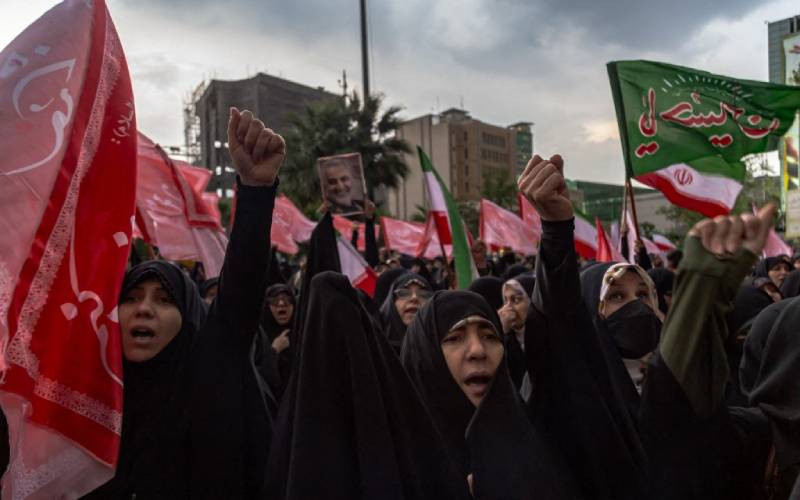MPs Monday accused the Kenya Revenue Authority (KRA) of enabling past officials of Mumias Sugar Company to file fictitious exports worth Sh3.2 billion despite an effective exportation ban.
The allegations are based on several filings made by KRA officials that sought to legitimise the exports of sugar that was eventually dumped in the local market.
It is feared that about Sh600 million worth of Value Added Tax and Sugar Development levy were dodged in the scheme.
"KRA is involved in this grand fraud and is now trying to cover up for the theft," Opiyo Wandai (Ugunja) said.
Two senior officials representing KRA had told the MPs that the revenue collection agency was yet to reconcile sugar exports dating far back to 2006. More than a dozen legislators attending the meeting backed Mr Wandai's allegations, which now point to collusion with Mumias to dodge taxes.
In one instance, a customs official had cleared a supposed export of 100 metric tonnes – an outrageously huge cargo that could not be carried by a single track, the MPs said.
Agriculture, Livestock and Cooperatives Committee Vice Chair Kareke Mbiuki said Kenya could possibly not have a track with such capacity equal to 2,000 bags. "That was an obvious fraud and we can comfortably say there was no such haul leaving our border point," said Mr Mbiuki.
Exports banned
The committee's chairman Adan Nooru said the only conceivable motivation for the fictitious sugar exports would be tax evasion.
VAT is levied at 16 per cent while the Sugar Development Levy is 4 per cent. Both taxes are not applicable in the case the commodity is exported.
Kenya Sugar Board Chief Executive Officer Rosemary Mkok told the MPs that all sugar exports from Kenya had been banned since 2006, after it became apparent that several millers were falsely declaring huge exports, with the sugar never leaving the country in the end. "We imposed a total ban because the exports were being abused," said Ms Mkok.
As an alternative, Mkok advised the millers to pay up the applicable taxes before exporting, then lodge claims for refunds after the cargo had been received by the buyers in the export markets. "Immediately, all the export claims stopped," she said, adding that Kenya has never had surplus produce for sale.
 The Standard Group Plc is a
multi-media organization with investments in media platforms spanning newspaper
print operations, television, radio broadcasting, digital and online services. The
Standard Group is recognized as a leading multi-media house in Kenya with a key
influence in matters of national and international interest.
The Standard Group Plc is a
multi-media organization with investments in media platforms spanning newspaper
print operations, television, radio broadcasting, digital and online services. The
Standard Group is recognized as a leading multi-media house in Kenya with a key
influence in matters of national and international interest.
 The Standard Group Plc is a
multi-media organization with investments in media platforms spanning newspaper
print operations, television, radio broadcasting, digital and online services. The
Standard Group is recognized as a leading multi-media house in Kenya with a key
influence in matters of national and international interest.
The Standard Group Plc is a
multi-media organization with investments in media platforms spanning newspaper
print operations, television, radio broadcasting, digital and online services. The
Standard Group is recognized as a leading multi-media house in Kenya with a key
influence in matters of national and international interest.









